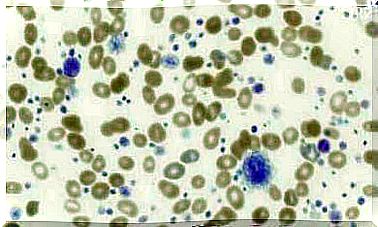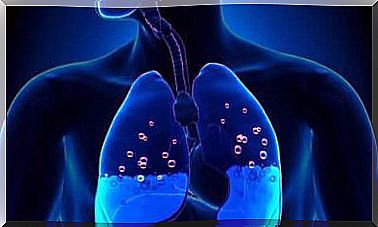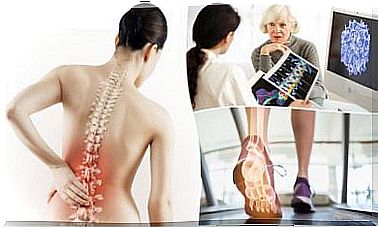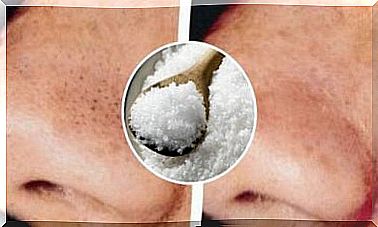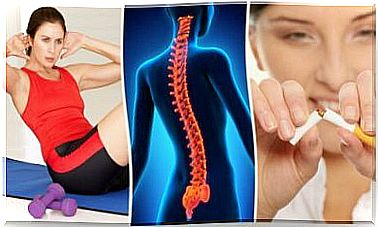Coffee And Heart Attacks: What Does Science Say?

Coffee consumption and heart attacks are related to each other, and this even if scientific studies show conflicting opinions on the matter. According to some scholars, coffee increases cardiovascular risk, while others argue the opposite.
Among the drinks in circulation, coffee occupies a prominent place. It is drunk almost all over the world and is not limited to food: coffee time is often an opportunity to get together and to converse.
It is therefore interesting to know the effects it could have on health. Its consumers are numerous, which is why strict measures should be taken in the presence of clear evidence regarding its undesirable effects.
In general, the link between caffeine and cardiovascular risk factors does not have a good reputation. It is not uncommon for patients who have suffered from heart attacks to stop drinking coffee on their own, without medical advice.
Caffeine has been linked to heart attacks for years. However, a Swiss scientific study has shown that drinking coffee becomes risky depending on the way it is prepared.
The way we consume coffee and the risk of heart attacks
A group of researchers from the University of Gothenburg studied the various effects on the heart of the different ways of preparing coffee. Interestingly, each modality had a unique impact on the mortality of the group of volunteers.
According to this study, the filter is the main determining factor in the relationship between coffee and heart attacks. When filtered, some undesirable substances are prevented from entering the body.
These substances are able to increase LDL cholesterol values and heartbeats, as well as alter the heart rhythm. These three aspects have negative effects on the arteries and the heart. The situation worsens further if the individual exhibits other risk factors, such as obesity or a serious medical condition, such as diabetes.
According to the Swedish researchers, 30 times more toxic substances reach the body if coffee is not filtered than when it is filtered. This difference can be significant in terms of health.
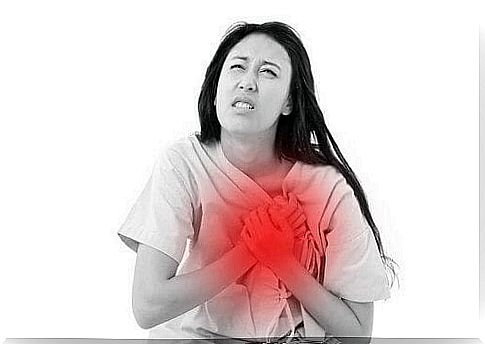
Studies with a different opinion on coffee consumption and heart attacks
In contrast to Swiss researchers, some meta-analyzes propose the consumption of coffee to protect the heart, rather than considering it a risk factor. This recommendation is part of the list of cardiology advice of the last decade.
A meta-analysis published in the Journal of the American College of Cardiology found no correlation between coffee and heart attacks. Indeed, the results obtained would reveal beneficial effects.
Among the subjects analyzed, those who drank up to 4 cups of coffee a day had an 18% lower chance of premature death. Finally, regular drinkers and moderate coffee consumers had higher life expectancies.
The explanation may lie in the antioxidants in coffee, ingested along with caffeine. These substances are important for cellular aging, as they block the toxins that humans produce just by being alive.
Coffee and heart attacks: increased cortisol production

Caffeine stimulates the production of cortisol in the body. Cortisol is known as a stress hormone, as the human being secretes it to increase its response in a state of alert and defense.
In the presence of excessive cortisol levels, heartbeats increase and blood pressure rises slightly. Both of these conditions are not desirable for those suffering from heart problems or for those subject to high cardiovascular risk.
Regular coffee drinkers get used to slightly higher cortisol levels. The increase in blood pressure is not significant and does not appear to increase the pumping of the heart.
It is unclear whether coffee consumption leads to heart attacks due to cortisol, but studies are still ongoing. Regulating levels of this hormone is one of the goals of high blood pressure therapy.
Should we drink coffee?
The answer is yes, we can have coffee if we like this drink. Like everything in life, moderation avoids possible unwanted effects.
Finally, it is important to understand that consuming coffee alone cannot cause a heart attack. Other aspects such as diet and physical activity are part of the cardiovascular risk equation. Ultimately, healthy habits help us take care of ourselves.


